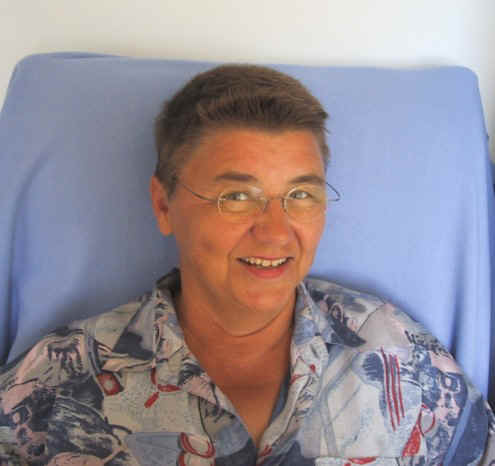Scanning for Politics
"The main topis
of this workshop is eDemocracy, aka Teledemocracy. In spring 2003 there has been
a major upsurge of eDemocracy project both in Finland and in Europe. The
eDemocracy R&D has gained firm ground now in FFRC. There are thus several
well-argued approaches to eDemocracy. The eDemocracy Workshop aims to provide
holistic understanding of what components interact in eDemocracy development for
the future.
Generally speaking,
democracy is not a steady state phenomenon, it is a dynamic process. Many
researchers have recently pointed out that the old deterministic approach to
democracy based on Newtonian philosophy of objective truth is in doubt. A transformational
politics paradigm is needed, which involves applying such concepts as chaos,
randomness, probability and change. Classic and Newtonian systems were based on
ideas of hierarchy and dominance. The new paradigm shift asks how to empower
citizens and enhance the understanding and realisation of democracy. Methods to
this effect emphasise more lateral, equal and interactive relationships like mediation,
recognition of interdependencies, and networking. In fact, uncertainty,
ignorance and misconceptions can be seen as productive processes for learning
and finding new alternatives for society and its governance.
When talking about a new political
phenomenon called "teledemocracy development", knowledge is needed on
explicitly defined parts of teledemocracy without making preliminary commitments
about them or teledemocracy in general. One of such kind of domains is
represented by online discussion fora. The interaction taking place in this new
type of political arena can be studied as a form of political action, that is,
in the perspective of the action-oriented conception of politics.
The possibilities offered for increased
transparency and access to political documents and government services is
considered intrinsically good for democracy. In addition, it offers citizens the
possibility to provide direct feedback to their representatives, even through
forms of electronic surveys. Arguments to the contrary mainly focus on the poor
usage that politicians tend to make of the Internet; in general, the instinct is
to electronically replicate existing practice. While transparency is
appreciated, landslides of legal and technical documents alienate non-experts
who would rather focus on debating the underlying issues at hand. Feedback
mechanisms too often resemble the "letter to your senator", usually
lacking in facilities for citizens to carry forward group discussions in an open
forum for debate.
An assessment of early experiences of
Internet use by politicians, parliaments and political parties can certainly
help understand which of the above arguments prevail. But we are dealing with a
situation whose context is a moving target: that of the rapidly evolving
Information Society in general. Any analysis must therefore place its primary
emphasis on where we want to go: what type of models and forms of communication
we need, what kind of long-term scenarios for the Information Society can be
created, and what kind of new forms for democratic institutions can be
developed?"
Chair:
Auli
Keskinen, Director, Ph.D., docent
Email auli.keskinen@tse.fi
Auli Keskinen (PhDPolSc, MSocSc, BSc) is Director
of Finland Futures Research Centre. She has expertise in Futures Research,
Information Society, Teledemocracy, Sustainable Development, ICT systems
development, building, applications and management, IT -policies, R&D
Leadership and Co-ordination, Pilot Projects and Interdisciplinary R&D.
Keskinen has published over hundred articles about these themes. She has
worked as IT Manager and R&D Director for several organisations of the
Finnish government for more than 25 years.
Keskinen has been Futures Researcher since 1989.
She started her doctoral studies in mid 90's and got her doctor's degree in
1999. Her thesis is about development of ICT in government decision making.
In addition, she is lecturer of political science at Tampere University and
lecturer of futures studies at Turku School of Economics. During her long
career she has worked in many international projects and delegates,
especially for the European Commission's Directorate of Information Society.
|
 |
